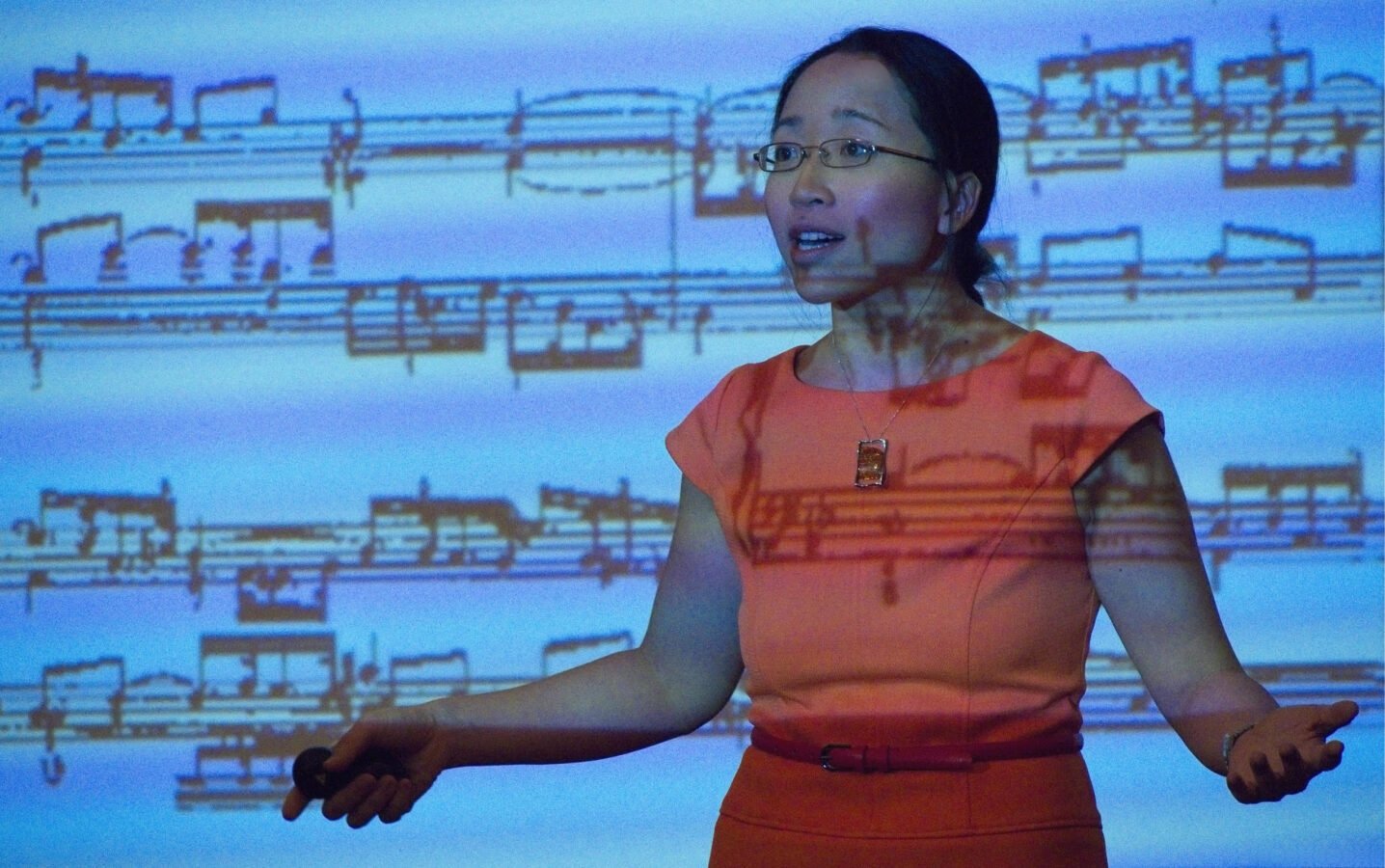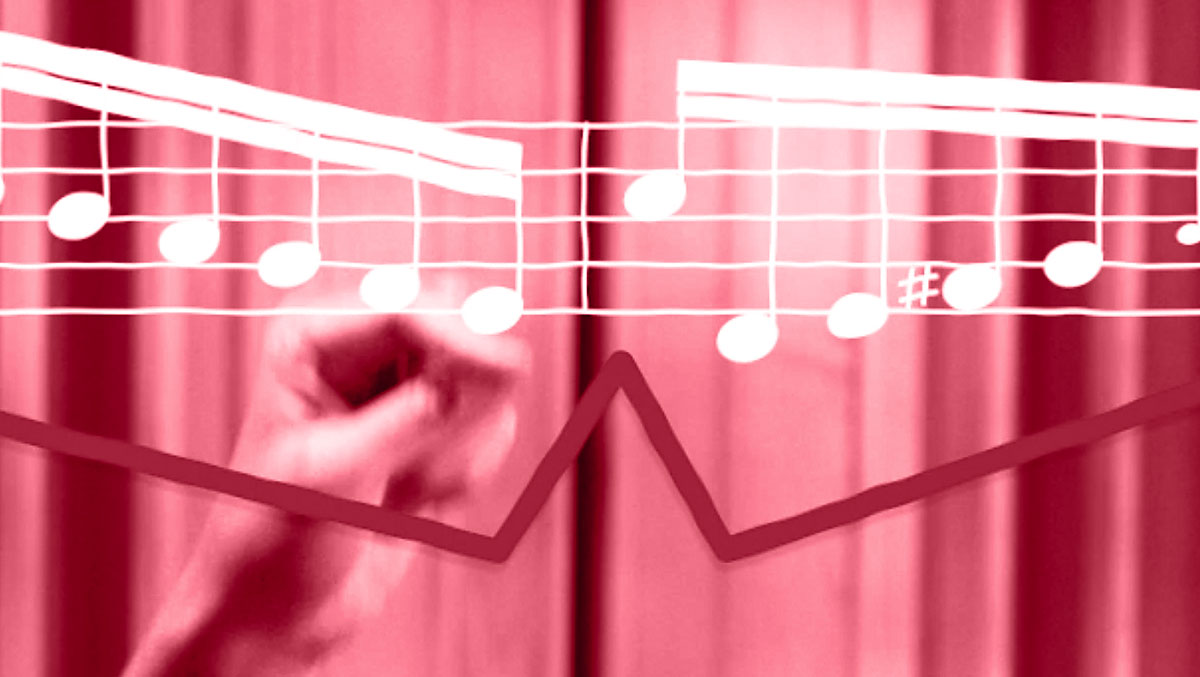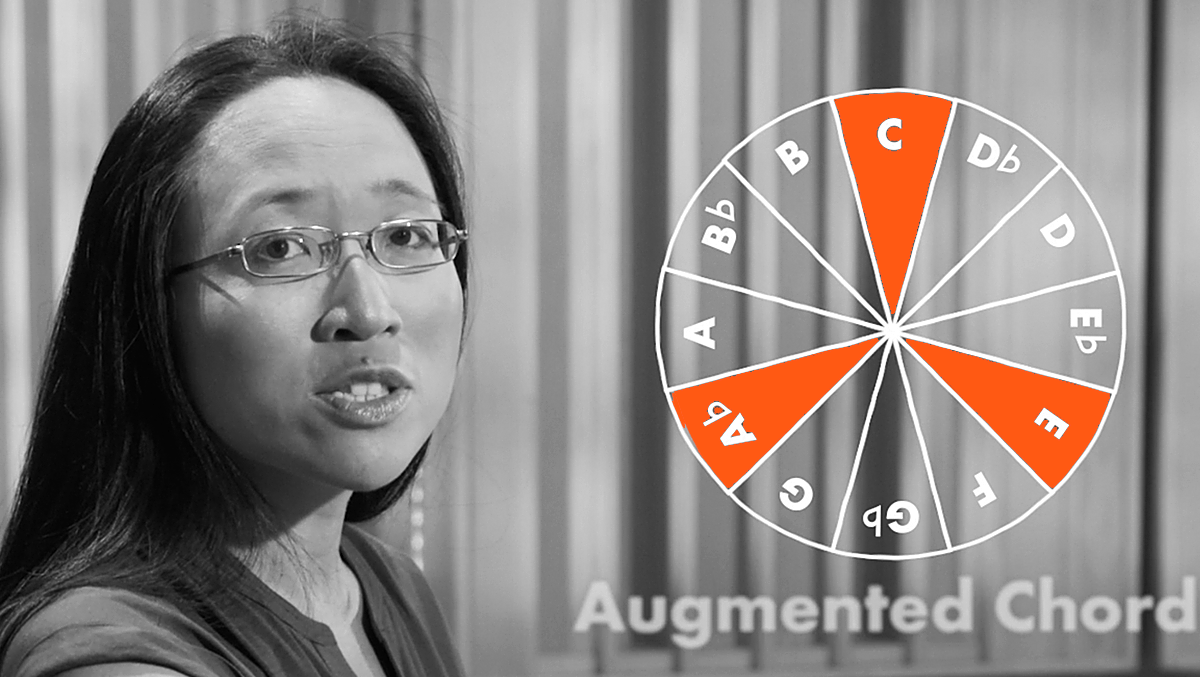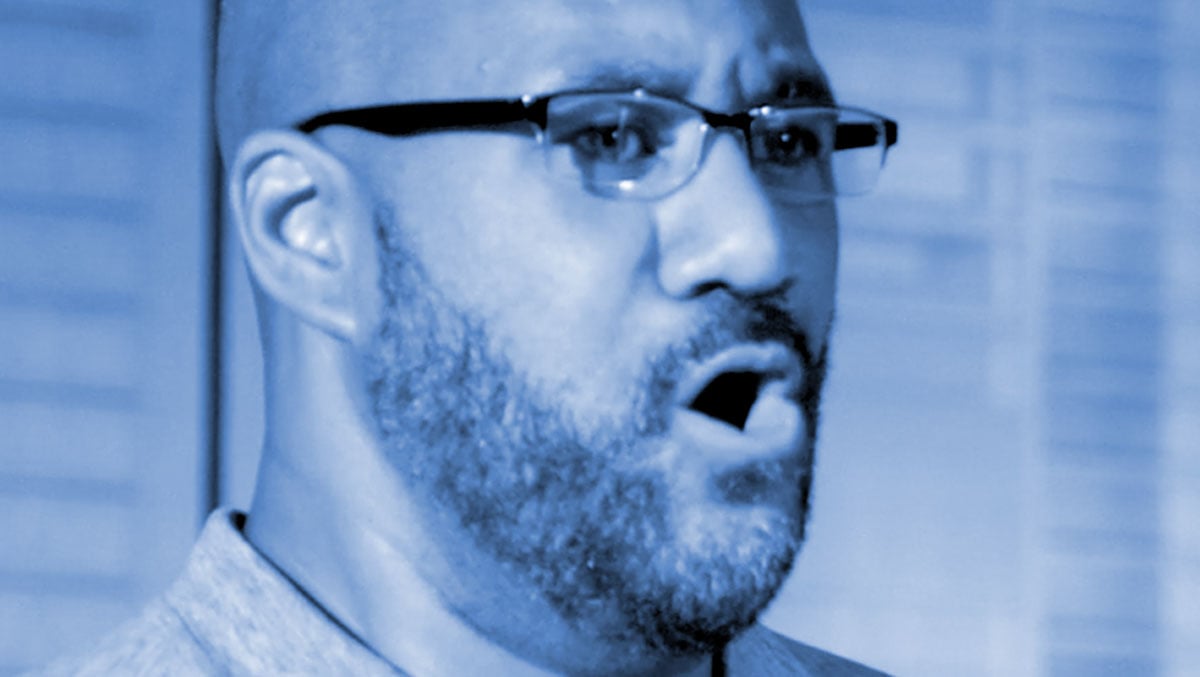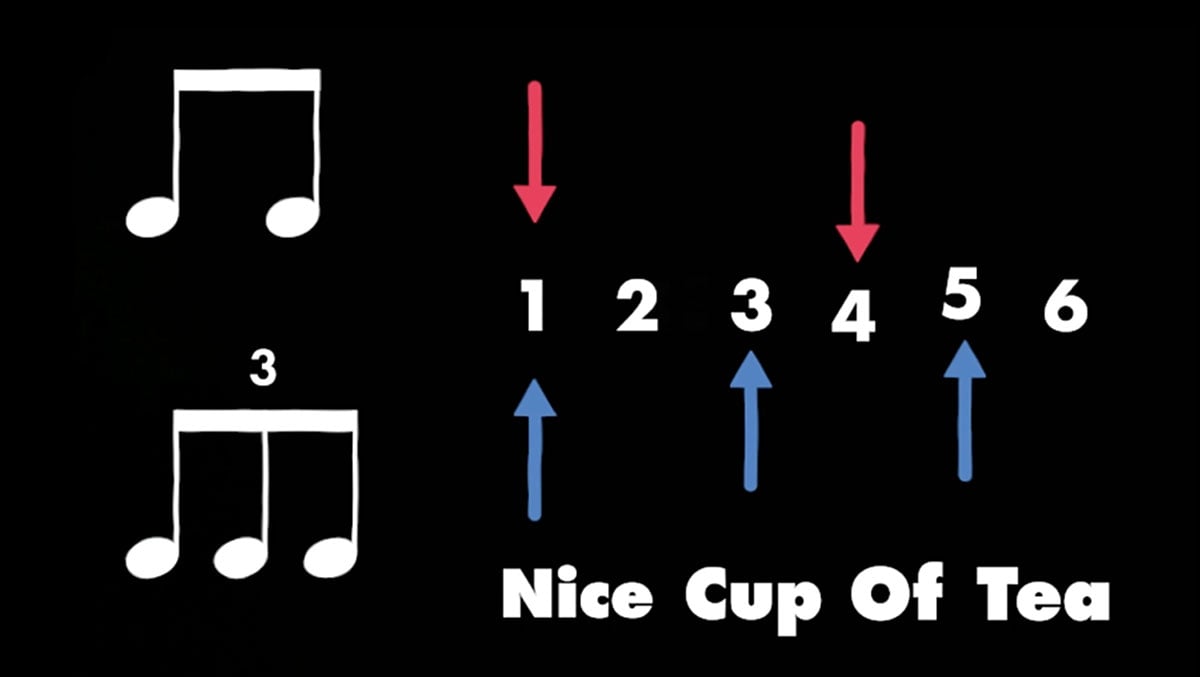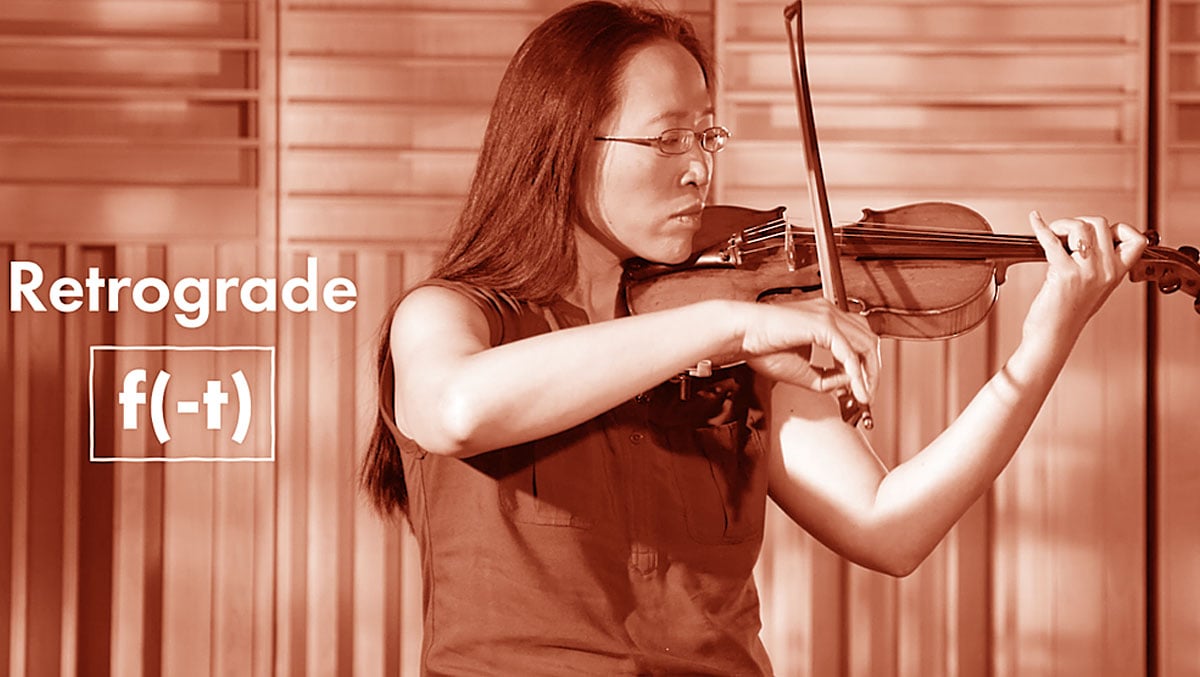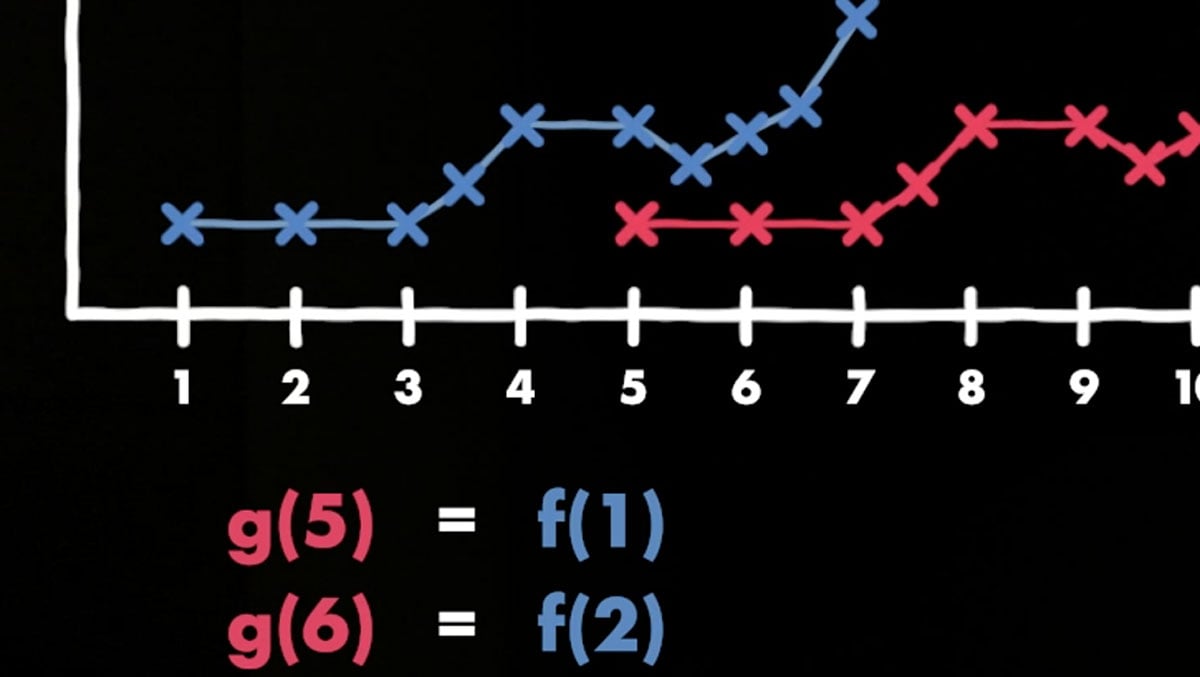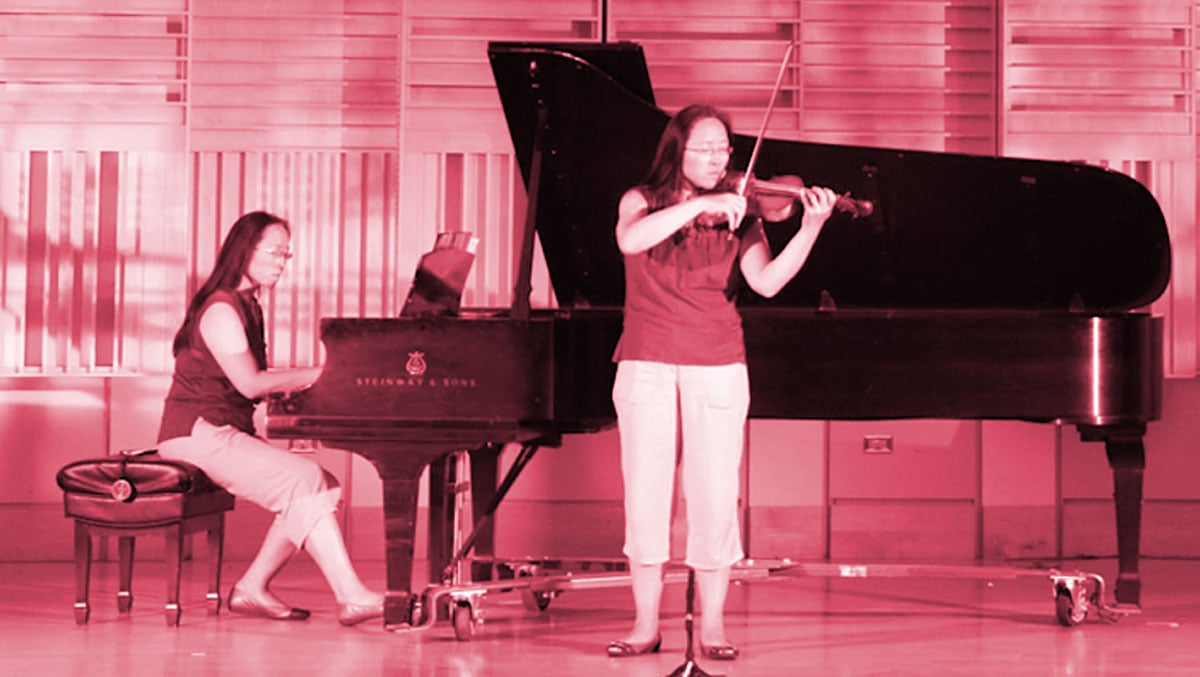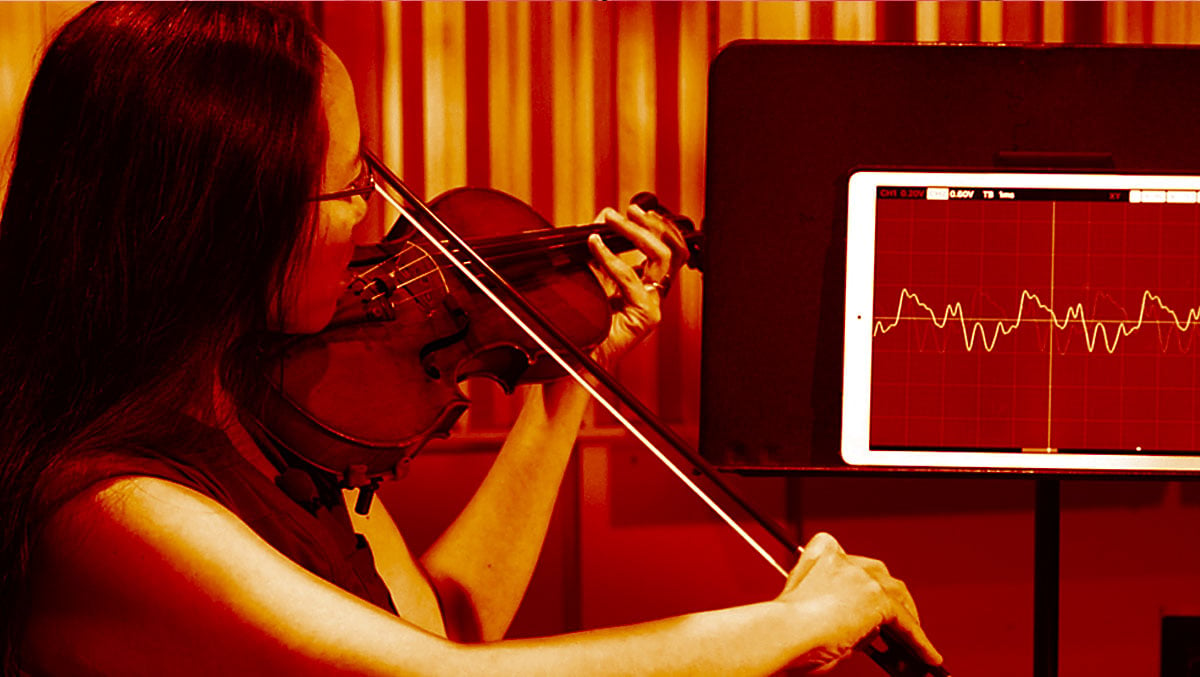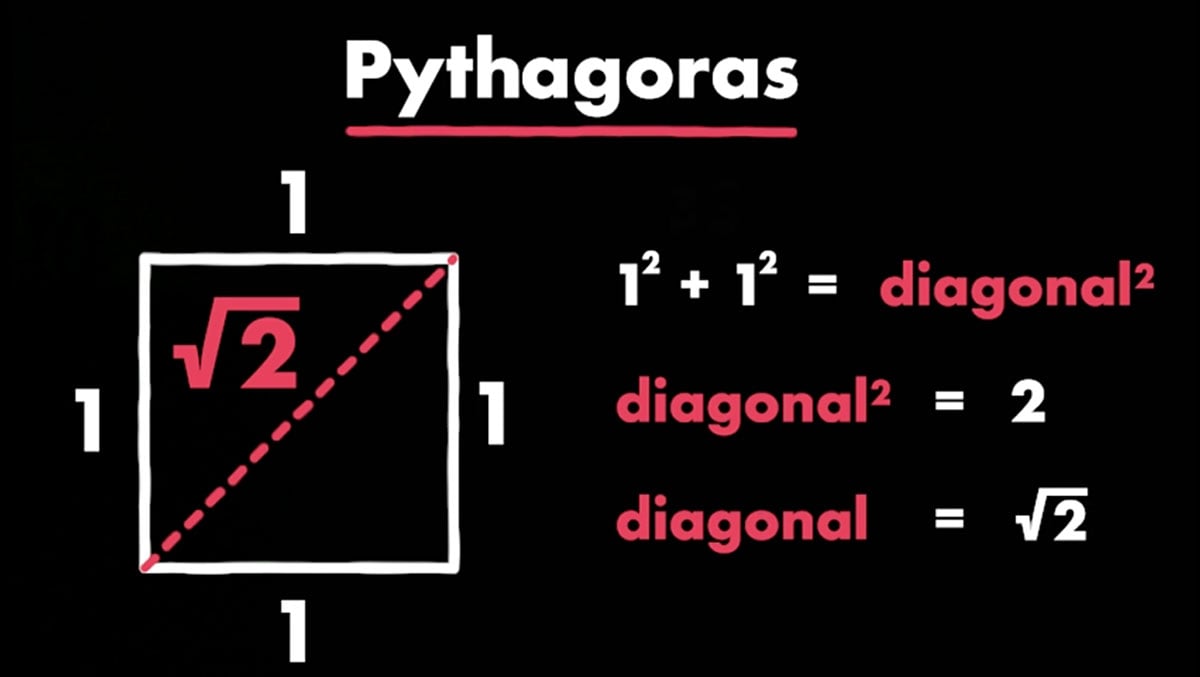Credit...Jillian Tamaki
·
Aug. 13, 2020, 8:50 a.m. ET
“The boundaries between subjects are really artificial
constructs,” says the mathematician and author, whose new book is “X+Y: A
Mathematician’s Manifesto for Rethinking Gender.” “Like the boundaries between
colors in a rainbow.”
What’s the last great book you read?
“Notes From a Young Black Chef: A Memoir,” by Kwame
Onwuachi and Joshua David Stein. I think it’s really important to read first
person accounts of the way Black people are disadvantaged by the structures of
American society, as well as by systems and by individuals. This memoir is
bracing to those of us privileged to have been protected by our ethnicity or
our relative affluence. In the end, however, it’s a deeply inspiring story from
someone who was almost destroyed by the disadvantages piled onto them by
society but who managed to rise up and then work to help others rise too.
Are there any classic novels that you only recently read for the
first time?
“Yevgeny Onegin” (in translation). I’ve
known and loved the opera since I was a teenager, but the only thing I read was
many articles about the difficulties of translating it, and so shied away from
reading it in translation. Finally I decided to just read it anyway, and was
very glad I did. There are interesting (to me) disputes about whether the opera
is a travesty of the original, but to me that’s not the point. They’re two very
different art forms and they operate in completely different ways. Opera uses
music in the role of narrator, and characterizes people and places by
communicating with us directly and viscerally without words. One of my favorite
examples of this is “Billy Budd,” in which Melville spends several pages
characterizing Billy and then Captain Vere, which Benjamin Britten does
viscerally in about two measures of music in the opera.
Describe your ideal reading
experience (when, where, what, how).
My ideal reading experience is epic and
uninterrupted. I don’t like reading in small daily installments; I like reading
an entire book in one sitting. That’s if it’s a novel anyway, and if it’s any
good. Deep nonfiction takes longer to absorb, and math books take years. I love
the act of turning pages when I’m reading a novel; when I’m studying a math
book I might need to spend several weeks on one paragraph.
ADVERTISEMENT
Unfortunately this means I’m often wary of
starting a new novel because I can be fairly sure it will wipe out the rest of
my day (and night).
What’s your favorite book no
one else has heard of?
“Becoming Ms. Burton: From Prison to
Recovery to Leading the Fight for Incarcerated Women,” by Susan Burton and Cari
Lynn.
At least, nobody to whom I’ve mentioned it
has heard of it so far. It’s a bracing memoir in the same vein as “Notes From a
Young Black Chef,” about someone almost destroyed by the deep structural racism
of our society, but who managed, eventually, to rise up to help others.
You’re a concert pianist as
well as a mathematician. Who are your favorite musician-writers? Your favorite
memoir by a musician?
ADVERTISEMENT
I don’t read much about music actually; I
prefer just doing it, or learning by observation, that is, going to many many
live performances (in the pre-pandemic world).
You’re the “scientist in residence”
at the School of the Art Institute of Chicago.
How do you bridge science and art, and what’s your favorite book to discuss
with your students?
Well I must admit: mine! I wrote my first
book, “How to Bake Pi,” as my dream of a liberal arts math course that I
thought I would never have the chance to teach, as I had tenure in the U.K.,
where liberal arts math is not really done (and certainly not at my university,
despite my attempts to initiate it). So when I actually did have the
opportunity to teach such a course, I had my ideal textbook already prepared.
My third book, “The Art of Logic,” was the result of several iterations of
developing that material for the actual students. The art students turned out
to be, in my experience, most motivated by questions of politics and social
justice. So I gradually developed material for them using those sorts of
questions as an arena for mathematical investigation. I realized that I use the
tools of abstract mathematics to get a much clearer understanding of those
issues, and in clarifying and explaining how I do it I attained an even clearer
understanding of math and social questions, as did my students.
It’s easier to “bridge” science and art
when you don’t really think there’s a gap between them in the first place, as I
don’t. The boundaries between subjects are really artificial constructs by
humans, like the boundaries between colors in a rainbow.
ADVERTISEMENT
What’s the most interesting
thing you learned from a book recently?
I learned many things from Elaine
Castillo’s deep and rich novel “America Is Not the Heart,” a saga of several
generations of Filipino-Americans in California.
It’s about culture and alienation, at all levels: from one’s family, one’s
country, one’s community, one’s profession, and for many reasons including
politics, money, skin color, sexual orientation. The specific nugget of
information I learned was that doctors from other countries are not allowed to
practice as doctors in the U.S.,
no matter how expert, experienced and well qualified they are, without
completely retraining from scratch. As a result being a nurse is a smoother
path to immigration than being a doctor, and some doctors end up either in
unskilled work or in medical-adjacent professions such as the medical sciences in
a lab.
Which subjects do you wish more
authors would write about?
I wish more authors would write about
strong women, beyond the strength and importance of motherhood, but not just
emulating traditional male behavior. This is what I call congressive strength,
which is not about being physically strong and aggressive, or daring and
heroic, or rich and powerful, but more about bringing people together, and
transforming oneself and society through deep understanding, insight and unity.
Men can show this kind of strength too, but I particularly long for books with
strong women in this sense.
Do you prefer books that reach
you emotionally, or intellectually?
Both at the same time. I don’t see these
things as a dichotomy. In fact for me they are intimately related. Intellectual
stimulation is an emotional experience for me, and something will only be a
really deeply emotionally experience for me if it engages me intellectually as
well.
Which genres do you especially
enjoy reading? And which do you avoid?
I love reading novels, which for some
reason seems to surprise people. However, I am getting increasingly picky about
the subject matter and types of protagonists I want to see in novels, and it’s
hard to find ones that fit. I like novels that give me insight into human
nature, and that don’t rest solely on suspense and plot constructions, the kind
of book I can read hundreds of times and still enjoy although (or indeed
because) I already know what’s going to happen. I have read “Pride and
Prejudice” perhaps twice a year since I was 11! I love a good murder mystery,
as long as it has those insights into human nature. I quite often reread Agatha
Christie. I loved reading her when I was growing up, and as an adult I notice a
surprising amount of insight into human nature in them (along with, alas, some
egregiously bigoted and/or imperialist views that might be considered typical
of her era). She is also surprisingly feminist for the time, with quite a
quantity of strong female characters and indeed female mathematicians!
ADVERTISEMENT
I also look for nonfiction that will expand
my mind about inequality and oppression in the world today.
I have had a lifelong aversion to books
that take place at sea. When I was growing up I often used to get quite
immersed in a book and then groan when they went to sea, because I knew I
wouldn’t like it any more. The funny thing is I really like being on a boat.
Anyway this means that “Moby-Dick” is definitely not for me.
How do you organize your books?
Archaeologically! Which is to say: Not at
all. The book I’ve looked at most recently will be nearest me. The books I
haven’t looked at for a while will be at the back somewhere. The books I’m
currently constantly looking at will be on the floor by the couch. The books I
use the least are holding up my keyboard tray at my standing desk. (This
includes my thesis.)
I’ve moved country too many times to have a
large book collection. I know some people move large book collections around
with them but I tried to send boxes of books when I moved to France from Chicago in 2006, and three of the boxes never
arrived. I only sent my favorite books, the ones I really felt I couldn’t do
without, so I only lost my favorite books. I’ve never quite recovered from
that. I think the saddest thing was that I lost my father’s “Complete Works of
Shakespeare,” which he passed on to me when I went to university. Or possibly I
walked off with it.
ADVERTISEMENT
What book might people be
surprised to find on your shelves?
Aside from being surprised that I read
novels, people are often really surprised that I read self-help. I love
self-help books because I definitely need help improving myself and think it
would be arrogant to suggest that I don’t. Yes, some of what’s written in
self-help is phony and platitudinous, or I’m not really the target audience,
but there is plenty in there that has profoundly helped me to become a better,
more compassionate, more empathetic, less stressed person. The key, I think, is
finding what helps and ignoring what doesn’t.
What kind of reader were you as
a child? Which childhood books and authors stick with you most?
I have always devoured books whole. As soon
as I was old enough I spent all school holidays in the library reading my way
through it. I think the library was the first place I was allowed to walk by
myself. It was a tiny library in rural England but it was magic because
just when you thought you’d read everything they would rotate their collection.
My mother commuted to work in London
but my father worked locally and would sometimes drop my sister and me off at
the bigger library near where he worked, and we would simply sit there all day
reading until he finished work and came to pick us up. I have always liked
finishing books in a single sitting. If it’s a good book then I certainly won’t
want to stop in the middle. I remember there was a book reading challenge at
the library one summer, with a list of books to read, and we could get some
sort of star or something for each one we read. The librarians thought I was
cheating and not really reading the books, so I would sit and read several
books not on the list before telling them I had finished the next one on the
list.
I still think libraries are magic, and such
an amazing resource so that everyone can access books. I greatly appreciate the
work of librarians and really love speaking at librarians’ events.
How have your reading tastes
changed over time?
I’ve become much more feminist and socially
activist in my tastes. I actively look for books that will help me educate
myself about social issues. And I actively reject books that go against my
beliefs about women’s place in the world: that they are inherently equal but
undertrodden in practice. I can no longer stomach books where all the main
characters are men, or where all the strong characters are men, and women are
only there to be love interests.
ADVERTISEMENT
Disappointing, overrated, just
not good: What book did you feel as if you were supposed to like, and didn’t?
Do you remember the last book you put down without finishing?
I don’t know what the most recent one was
but I remember the first one I didn’t finish: “The Wings of the Dove.” Up until
then I always finished every book as a matter of principle. But that one I
really couldn’t bear, and it was odd because the whole reason I started it was
because I love “The Portrait of a Lady” so much. But then I thought: Why should
I finish a book that is not interesting to me? Life is too short, and there are
so many books to read.
https://www.nytimes.com/2020/08/13/books/review/eugenia-cheng-by-the-book-interview.html






